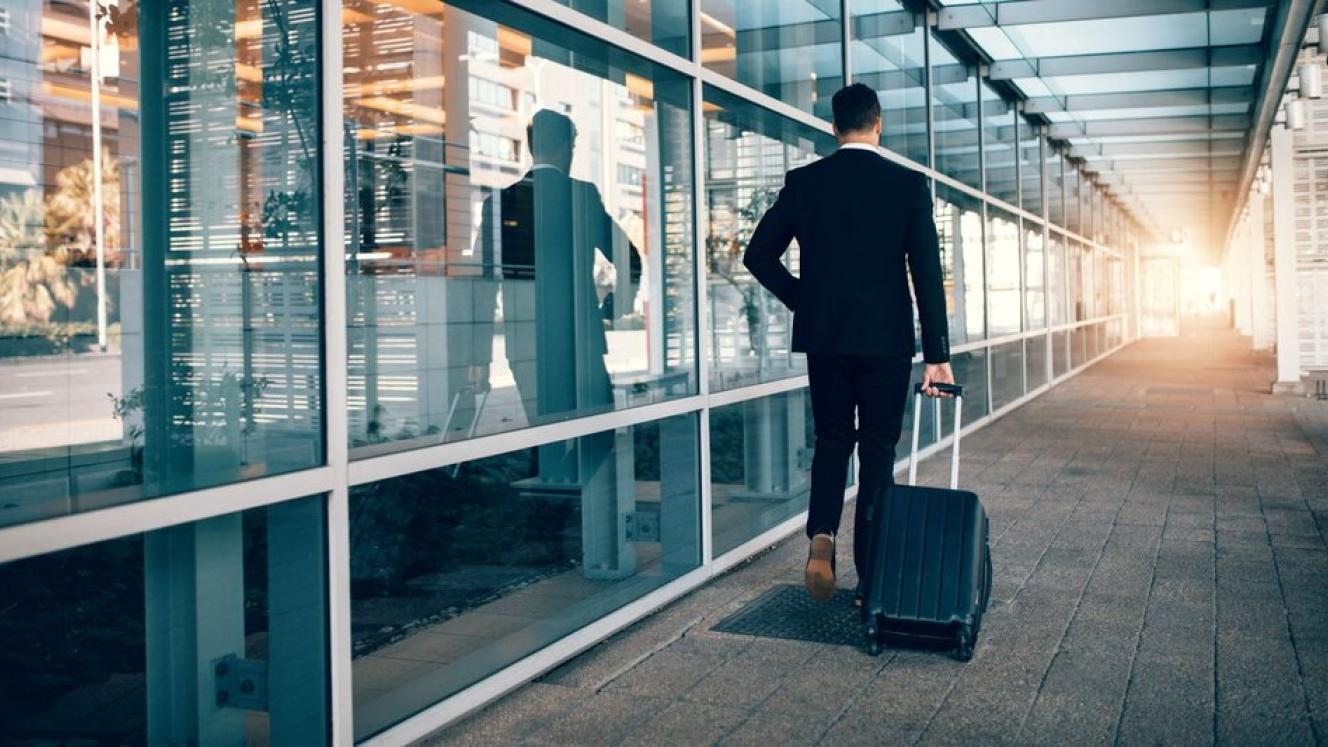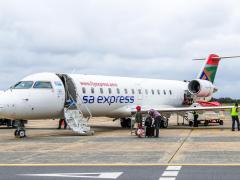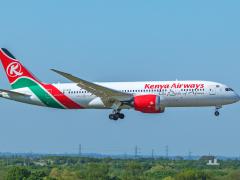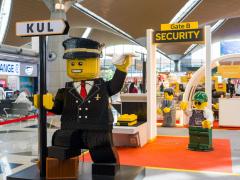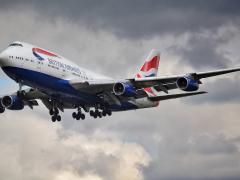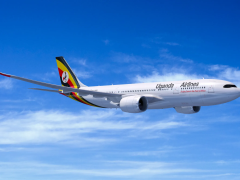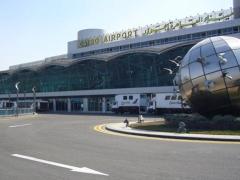In the future, when face-to-face interactions might not be the norm, what will corporate travel look like in 2075?
This was the question asked to delegates at the GBTA 2025 conference at the River Meadow Manor in Irene during a discussion about assessing business travel value.
Tourism Futurist and Strategist, Alison McKie, said one tended to imagine a future with new technologies, like holograms, metaverse boardrooms and supersonic flights.
According to her, these futures seem “appealing”, but future literacy reminds us that there is no single future awaiting corporate travel, but rather multiple futures that are possible.
McKie said each of these potential futures needed to be discussed and explored, “as each reveals the values, assumptions, and blind spots shaping our decisions today”.
Probable future
In this future, business travel does not occur as frequently and is much more rationed.
“Meetings might take place in hybrid formats where holograms replace handshakes, and AI platforms orchestrate itineraries with ruthless efficiency. Presence is still valued, but as a scarce and expensive commodity.”
Desirable future
According to McKie, business travel could be curated for human depth rather than transactional speed.
“We gather in spaces designed to spark creativity and collaboration, like forest boardrooms, ocean domes, and mountain sanctuaries. In this future, presence itself has become the ultimate superpower, because it is rare, precious, and deeply human.”
Alternative future
McKie said in a corporate travel future that was considered alternative, physical movement could disappear entirely. She said shared consciousness networks allowed people to connect without leaving their homes and without flights.
“It is an unsettling possibility, but valuable because it forces us to ask, ‘What do we truly gain from physical presence that cannot be replicated virtually?’.”
According to McKie, the point of looking ‘into the future’ is not to decide which future is the so-called ‘correct’ future, but to stretch the imaginations of travel buyers to shape how corporate travel functions today.
She said, with this in mind, it was important to remember that the industry could plausibly face scenarios where business travel was fundamentally reshaped.
McKie said the truth was that the future of business travel would not simply happen to us, but would be shaped by the stories we told, the assumptions we surfaced, and the decisions we made today.
“Future literacy is not about predicting the next disruption; it is about asking better questions. Because, in the end, it is our questions, not our answers, that can point the way forward.”
